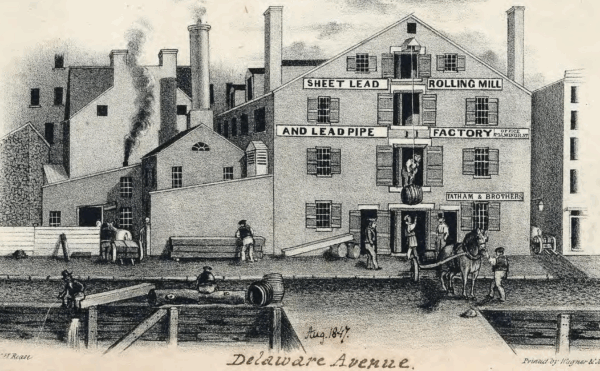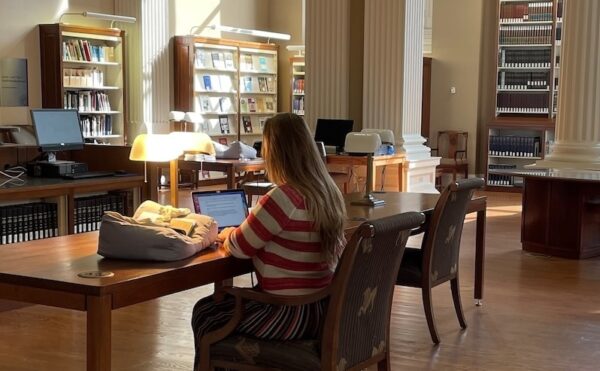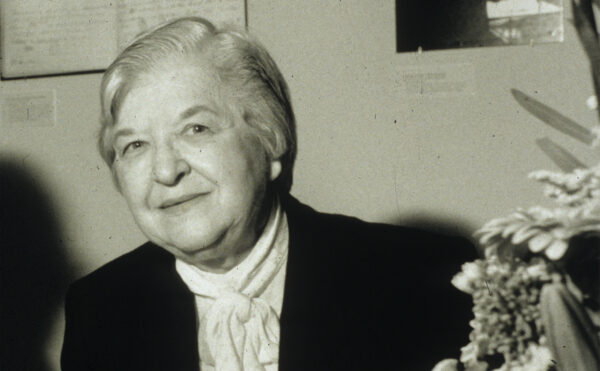Disease, Death, and Denial: How Historical Epidemiologists Uncover Hidden Epidemics of the Past
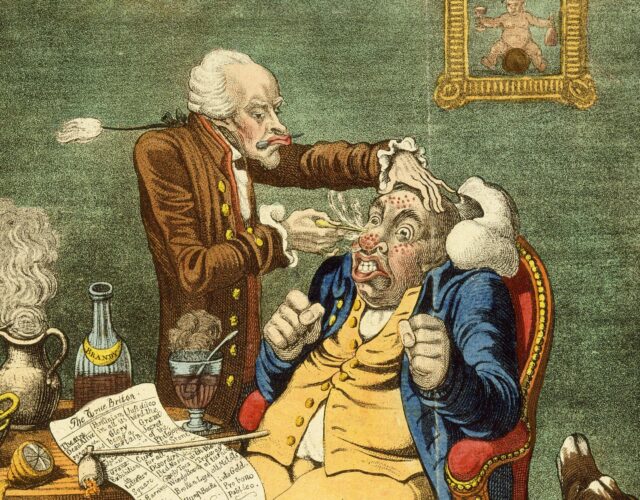
After three years of life in the time of COVID-19, the world seems to have moved on despite the loss of almost seven million people worldwide (and over a million just here in the United States). While we might assume that events of high lethality must always leave highly discernible impacts on the societies afflicted, the traces people leave behind are often more subtle. It is the work of historical epidemiology and demography to tease out these often-forgotten epidemics and reconstruct the experience of death and suffering otherwise rejected by society.
This talk will explore how historians and social scientists reconstruct past epidemics, beginning with the stunningly underreported “throat distemper” epidemics of New England—the greatest single mortality event among European settlers in colonial North American history. We then return to Philadelphia to consider the other yellow fever epidemics of the 1790s and finish with original work conducted for the Mütter Museum’s current exhibit on the 1918 influenza pandemic, Spit Spreads Death. Combining traditional research methodologies with computational humanities technology, we can reconstruct these catastrophic events anew and recover some of the actions of those who chose not to remember or be remembered.
Admission is free! The event takes place in person at National Mechanics restaurant in Old City Philadelphia. Seating is available on a first-come, first-served basis. Tickets are not required for this event.
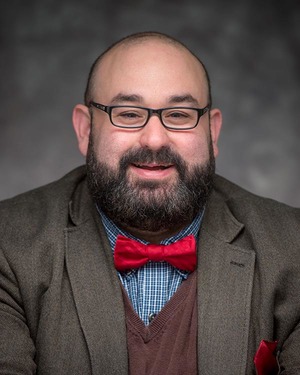
About the Speaker
Nicholas Bonneau is a historian of science, medicine, environment, and death, interested particularly in the demographic, emotional, and cultural legacies of epidemics in the territory of the modern United States. He teaches classes in ethics and public history at the University of Maryland, Baltimore County, and Pennsylvania State University, Abington. He remains a research associate at the University of Pennsylvania and a consulting scholar at the Mütter Research Institute of the College of Physicians of Philadelphia.
His work with the Arch Street Project interrogates the material culture of cemeteries to construct rigorous and relevant public histories about the social inequities of burial and about how we remember the dead.
About the Series
Science on Tap is a monthly virtual speaker series that features brief, informal presentations by Philadelphia-based scientists and other experts followed by lively conversation and a Q&A. The goal is to promote enthusiasm for science in a fun, spirited, and accessible way, while also meeting new people. Come join the conversation!
More events
Philadelphia: Workshop of the World
Join us for March First Friday as we unveil Philadelphia: Workshop of the World, the latest exhibition from our A Closer Read series.
Othmer Library Tour
Curious about the other half of the Science History Institute? Step into the Othmer Library of Chemical History!
Stories of Science: Celebrating Women’s History
Join us in our museum EVERY SATURDAY for a family-friendly program that highlights strange and surprising stories from the history of science!

